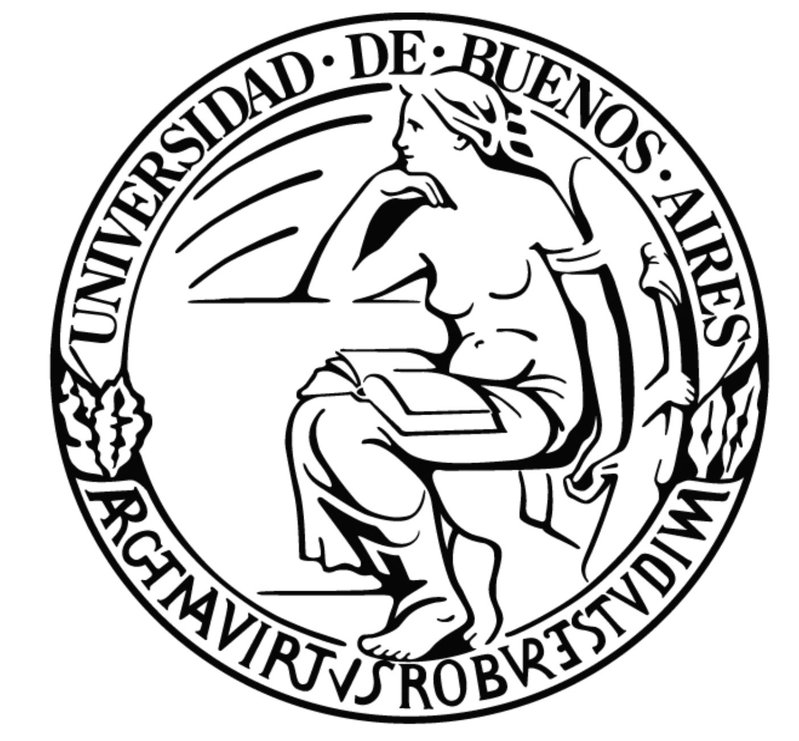
The University of Buenos Aires is one of the most important public institutions of Higher Education in Latin America. Established in 1821, UBA is currently a national and international reference for education and professional training, research, and university extension.
Five Nobel Prize Laureates were educated in its classrooms: Carlos Saavedra Lamas (Nobel Peace Prize 1936), Bernardo Alberto Houssay (Nobel Prize in Physiology or Medicine 1947), Luis Federico Leloir (Nobel Prize in Chemistry 1970), Adolfo Pérez Esquivel (Nobel Peace Prize 1980) and César Milstein (Nobel Prize in Physiology or Medicine 1984).
UBA is a community of 32,000 academic staff, 318,000 undergraduate students, 28,000 postgraduate students, 5,900 middle school students, 15,000 staff member, and 8,800 researchers and 2,300 scholarship holders, who are involved in 2,700 research projects.
The University is made up of 13 schools; 6 middle schools with bachelor, commercial, agrarian and technical orientations; 69 research institutes (UBA and UBA-CONICET); 6 teaching hospitals; 14 museums, a cultural center; a ballet; a cinema; a radio; a choir and an orchestra.
The University of Buenos Aires has a very comprehensive academic offer that includes:
·105Undergraduatedegrees
·502Postgraduatedegrees
o305Specializations, 1 International Specialization
o148 Master programs, 4 International double degree Master programs
o40 PhDs
o4 Postdoc
UBA International
The internationalization policy at UBA, a key element in assuring innovation and excellence of the institution, manifests itself through the following guidelines:
·Strategic association with Higher Education Institutions of excellence, through international agreements in academic and scientific areas of common interest.
·International collaboration for social and cultural integration between countries of the Global South, also addressing global issues such as the Sustainable Development Goals (SDGs) established in the UN 2030 Agenda Sustainable Development.
·Planning and technical Support for exchange and mobility programs for undergraduate and graduate students, academic staff, and researchers in institutions in the region or in other countries.
·Technical Support for international academic and scientific projects.
·Promotion and development of double degree programs with partner institutions abroad.
·International academic collaboration through the Centers for Bilateral and Regional Cooperation: French-Argentine Center; German-Argentine Center; Korean-Argentine Center; Confucius Institute; Italian-Argentine Center; Israeli Center; Russian-UBA Center; South – South Chair; Hungarian Center; Croatian Center.
·Active participation in regional and international university networks and associations.
·Assistance to international students, academics, and researchers.